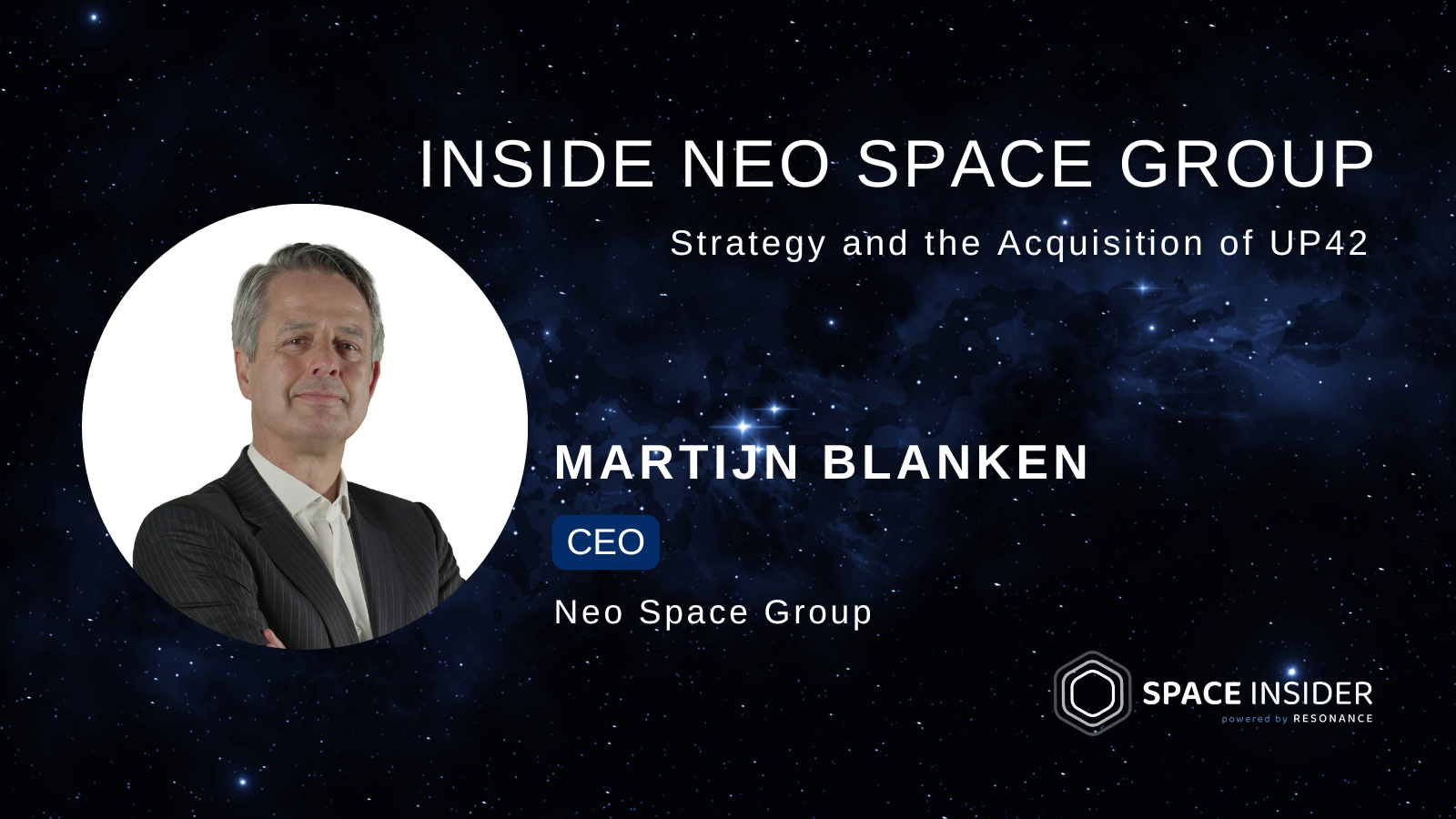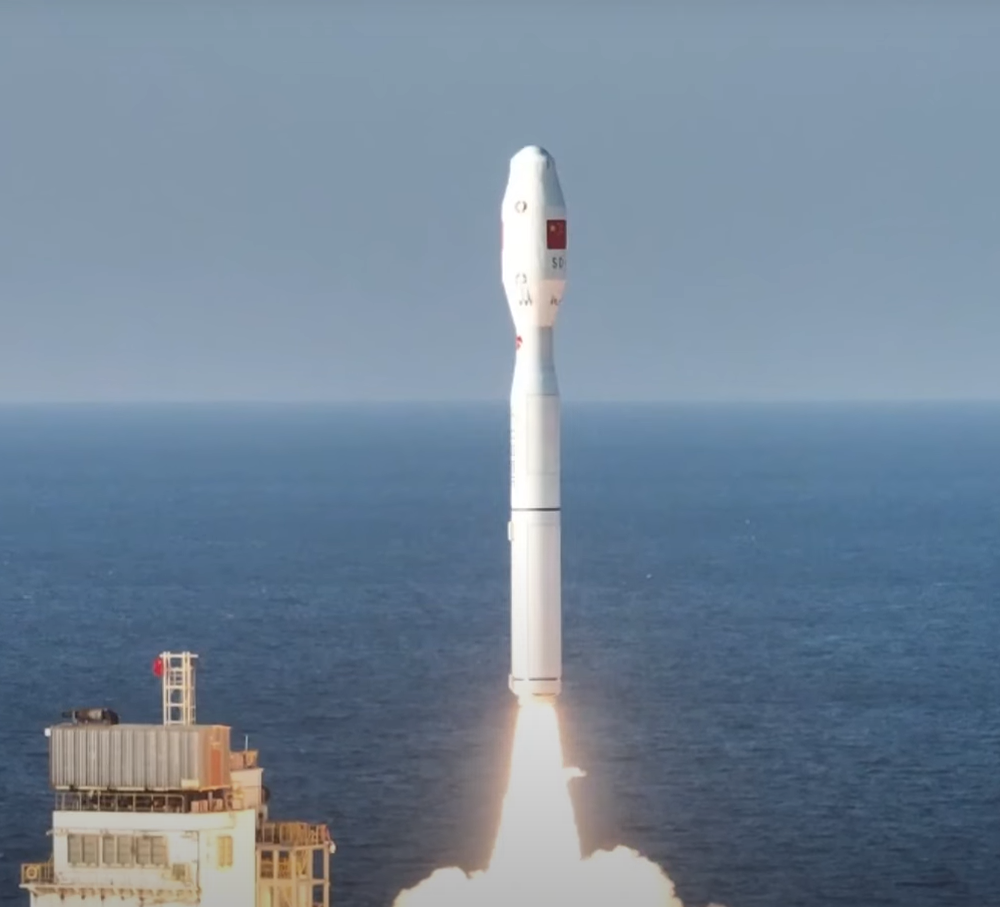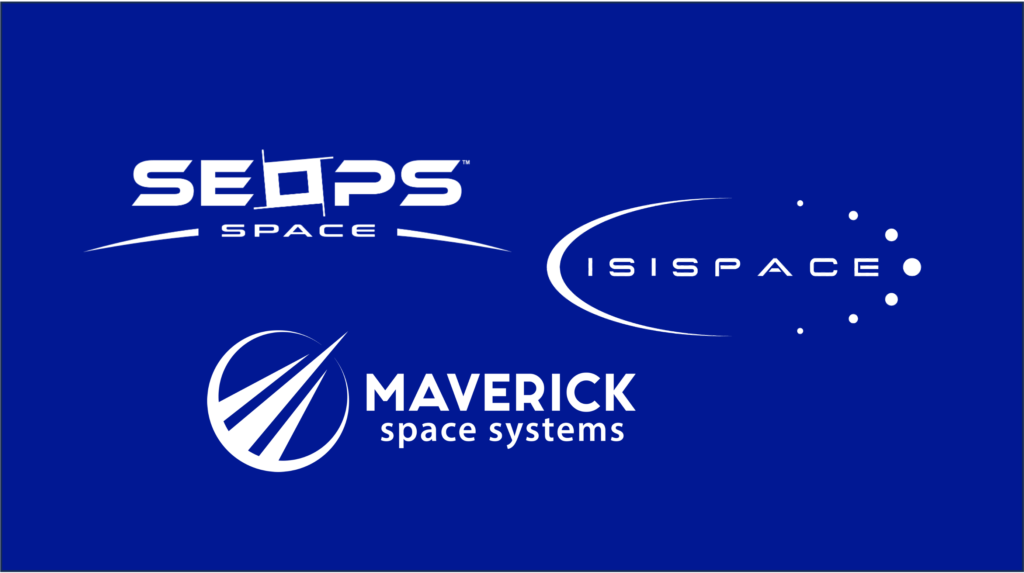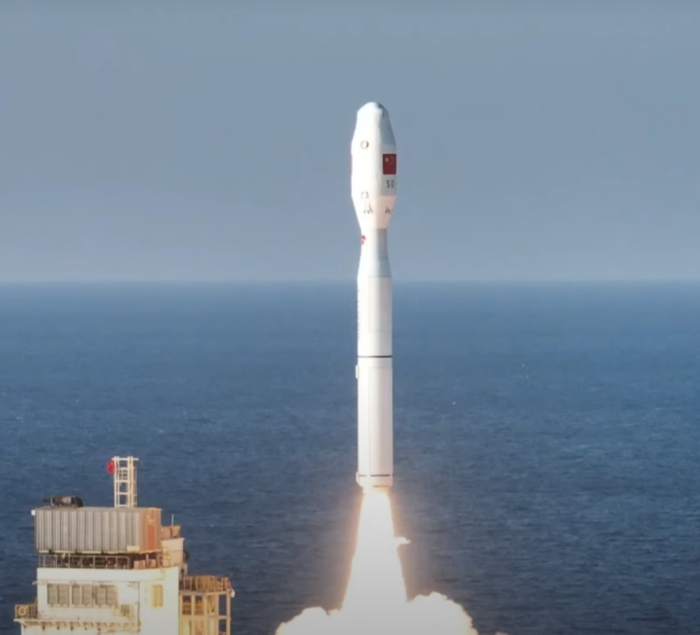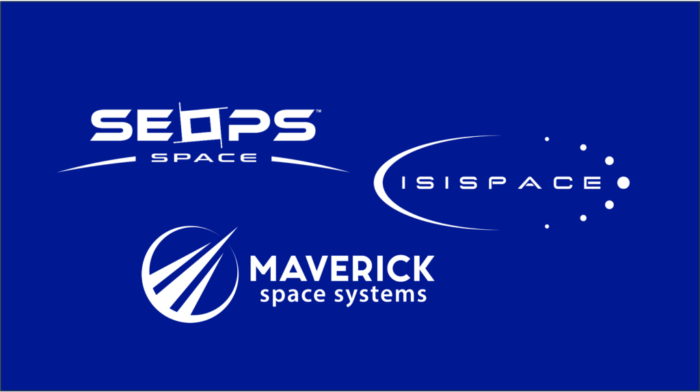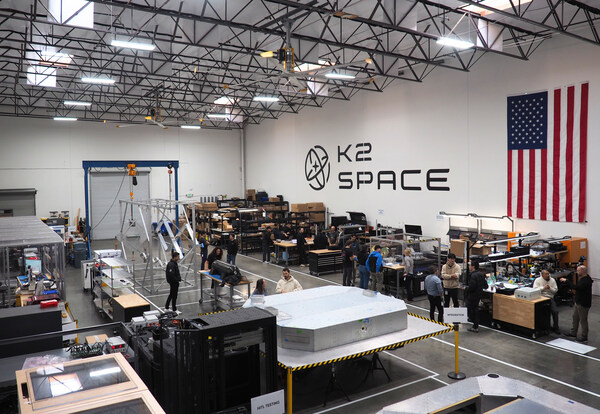Neo Space Group (NSG), a global space and satellite services company based in Saudi Arabia and backed by the Public Investment Fund (PIF), is at the forefront of shaping the geospatial and Earth Observation markets. In an exclusive interview, CEO Martijn Blanken shared insights into NSG’s recent acquisitions, its ambitious goals aligned with Vision 2030, and emerging trends in the downstream services industry. With the acquisitions of TAQNIA ETS (now rebranded as NSG Geospatial Services) and Berlin-based UP42, NSG is leveraging advanced technologies to expand its global presence, empower local talent, and deliver cutting-edge solutions across a wide range of industries.
Enhancing Geospatial Services
TAQNIA ETS, geospatial services provider that was founded in 2011 and brings a wealth of expertise to NSG. The acquisition aims to enhance NSG’s capacity to deliver comprehensive geospatial solutions. According to Blanken, “TAQNIA ETS’s advanced capabilities in geospatial analysis, data management, and visualization significantly accelerate our leadership in the geospatial market, both in Saudi Arabia and internationally.” The integration ensures that NSG Geospatial Services can offer cutting-edge insights tailored to diverse industries such as agriculture, urban planning, energy, and defense.
Blanken emphasized that the acquisition is integral to advancing Saudi Arabia’s Vision 2030 goals. “Our geospatial solutions directly contribute to economic diversification [specifically, diversification from oil and gas] by supporting [other] critical sectors,” he said. NSG’s milestones include expanding its geospatial platform, growing its local workforce, and establishing global partnerships to further industrial growth.
Introducing UP42 to the Saudi Market
The acquisition of UP42, a geospatial marketplace launched by Airbus, adds a new dimension to NSG’s portfolio. UP42 aggregates data and analytics from over 80 global geospatial providers, simplifying access to diverse datasets for customers worldwide. Blanken described UP42 as pivotal to NSG’s strategy, stating, “We are leveraging UP42’s technology to build a localized marketplace in Saudi Arabia, where data will be securely stored and tailored to meet the needs of both government and private enterprises.”
This dual-marketplace approach—one serving Saudi Arabia and another operating globally—positions NSG to address local data sovereignty requirements while scaling internationally. Blanken added that the platform will also play a catalytic role in nurturing startups. “We’re considering initiatives such as providing free archive data for a limited time to support the development of minimum viable products, lowering barriers for the local startup community to innovate,” he explained.
Driving Innovation with AI and Data Integration
The convergence of artificial intelligence (AI) and geospatial technologies is central to NSG’s strategy. UP42’s AI-powered analytics enhance NSG’s ability to process vast amounts of satellite data for diverse applications, from disaster response to precision agriculture. However, Blanken emphasized that AI is not a one-size-fits-all solution. “Each use case requires tailored algorithms and expertise,” he explained. Developing an AI tool capable of delivering meaningful insights across all potential use cases is unrealistic due to the highly specific nature of industry demands. For instance, detecting methane leaks requires entirely different datasets and algorithms than monitoring agricultural crop health or urban development.
Blanken elaborated on the need for specialized solutions, pointing out that the effectiveness of AI-driven geospatial tools depends on industry-specific data integration and analysis. “The algorithms and AI tools must align with the particular challenges and requirements of each sector,” he said. Recognizing this, NSG is committed to maintaining a neutral platform that enables service providers to develop tailored insights for their clients. “This approach ensures the flexibility and precision needed to address diverse needs across industries while leveraging the robust capabilities of UP42’s technology,” he explained.
Intellectual Property vs. Trade Secrets in Geospatial Analytics
Blanken also discussed the role of intellectual property (IP) and patents in the geospatial and space tech industries. He noted that while patents and trademarks are critical in certain fields, much of the value in geospatial analytics lies in trade secrets and the ability to provide superior customer insights. “In the geospatial market, very few real patents will be developed,” he explained. “These are primarily software solutions that operate as trade secrets rather than legally protected innovations.”
According to Blanken, the competitive edge in this industry comes from the customer relevance and experience delivered. “It’s not just about the technology,” he said. “The real benefit lies in providing insights that are more meaningful and actionable than what competitors can offer.” This customer-first approach underpins NSG’s strategy, ensuring that their offerings remain relevant and impactful across diverse industries.
Tackling Challenges in the Space Tech Industry
Martijn Blanken offered a candid perspective on the monetization challenges within the geospatial industry, emphasizing the need to align pricing strategies with the value delivered. “I’ve seen companies develop brilliant technologies that deliver millions of dollars in value for their clients but charge only thousands for it,” he said. “You’ve got it wrong. You need to link what you charge to the benefit for the end customer.”
Blanken argued that the industry’s reliance on technical brilliance often overlooks commercial realities. “This sector is dominated by exceptionally bright, super-talented individuals who are technology-oriented,” he explained. “But it wouldn’t hurt to add more commercial acumen. More financial recognition would allow companies to reinvest in innovation, which this industry sorely needs.”
He highlighted how many service providers remain small and cash-constrained, often generating modest revenues while continuing to invest heavily in their offerings. “It’s a pity,” Blanken said. “There are so many use cases that can benefit from geospatial data, and this industry deserves far more recognition and investment than it gets today.”
In addition to monetization, Blanken stressed the importance of a problem-first approach for startups and scale-ups. “Start with the problem you’re trying to solve, then build the technology around it,” he urged. Articulating clear value ensures that innovations resonate with customers and attract investor support. Combining this clarity with value-based pricing and customer relevance, he added, is key to unlocking sustainable growth opportunities.
Blanken also touched on regulatory hurdles, highlighting NSG’s proactive approach to compliance as it expands globally. “We ensure compliance with local regulations by adapting our software and hiring local talent where necessary,” he noted. This strategy not only addresses data sovereignty concerns but also strengthens NSG’s position in diverse markets.
Outlook for 2025 and Beyond
Looking ahead, NSG plans to focus on economically viable markets, such as satellite communications, geospatial services, and satellite asset operations. While Blanken refrained from revealing specifics, he confirmed that NSG is actively developing new capabilities and partnerships. “Our shareholders demand a strong return on investment, and we’re determined to deliver by focusing on mature markets and scalable solutions,” he said.
NSG’s acquisitions of TAQNIA ETS and UP42 demonstrate a clear commitment to innovation and growth. By integrating advanced technologies, enabling local talent, and addressing global challenges, NSG is poised to play a significant role in the geospatial and space tech industries. As Blanken concluded, “We aim to not only meet but exceed expectations, driving the next wave of innovation and economic diversification for Saudi Arabia and beyond.”
Share this article:

